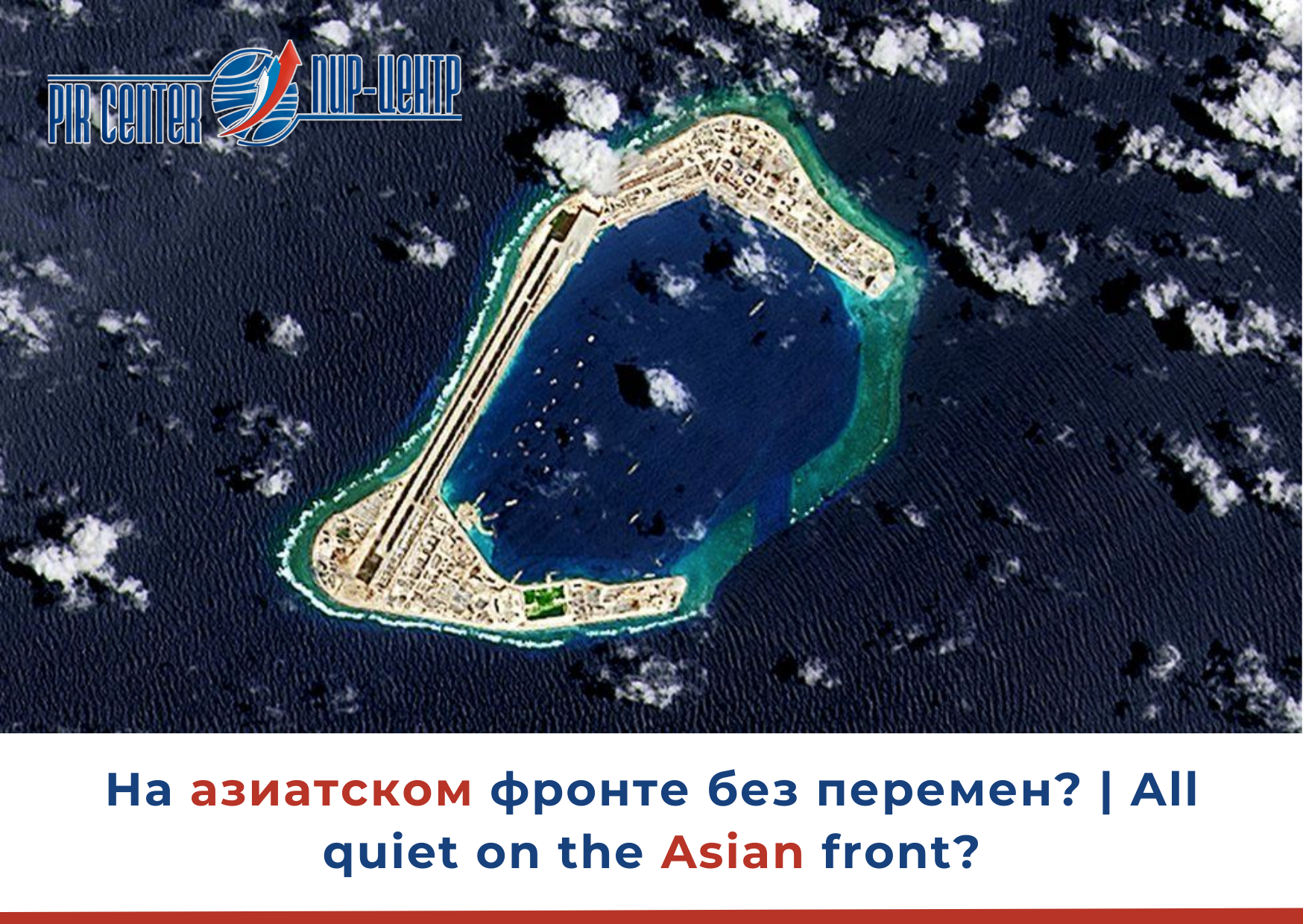On Sunday, South Korea’s defense ministry said it had detected multiple rocket launchers off North Korea’s west coast. A few days earlier, Pyongyang also attempted to conduct missile tests, which were unsuccessful. Experts from the United States and South Korea believe this could refer to the testing of the Hwaseong-17 ballistic missile, which is part of North Korea’s long-range missile arsenal.
Immediately after Sunday’s launches, Seoul announced an urgent meeting of its national security council to discuss “short-range missile projectiles” by Pyongyang. At the same time, on Tuesday, March 22, Minister of Defense of the Republic of Korea Seo Wook refuted the claim that these artillery attacks violated the 2018 inter-Korean agreement on reducing military tensions. The statement was made earlier by President-elect Yoon Suk-yeol.
At the same time, the ministry said it was considering reactivating the Extended Deterrence Strategy and Consultation Group (EDSCG) to discuss permanent deployment of US strategic forces on the territory of the Republic of Korea. The group was created in 2016 but not convened since 2018.
In its turn, the PRC is strengthening its positions in the South China Sea, which gravely concerns the United States. According to the latter, the militarization of the Spratly Islands, where Beijing has deployed its fighter jets as well as anti-ship and anti-air missile systems, is of particular concern. Recall that five countries claim the territory of the Spratly Islands: China (as well as Taiwan), Malaysia, the Philippines, Brunei, and Vietnam. Despite the escalating tensions, John C. Aquilino, the commander of the United States Indo-Pacific Command, emphasized the territorial conflict must be resolved peacefully, citing the example of a 2013 diplomatic agreement between China and the Philippines.
As Singapore’s former Foreign Minister Bilahari Kausikan points out, China’s modernization of its nuclear capabilities, increased provocations by the DPRK, and ongoing hostilities in Ukraine are swinging the pendulum of nuclear sentiment in the region, prompting countries in the region to “fundamentally reconsider their positions”, including regarding nuclear weapons and nuclear deterrence. In this regard, it is worth noting the latest article by RAND experts exploring scenarios of nuclear weapons use in the event of a crisis on the Korean Peninsula.

